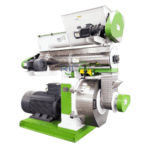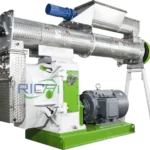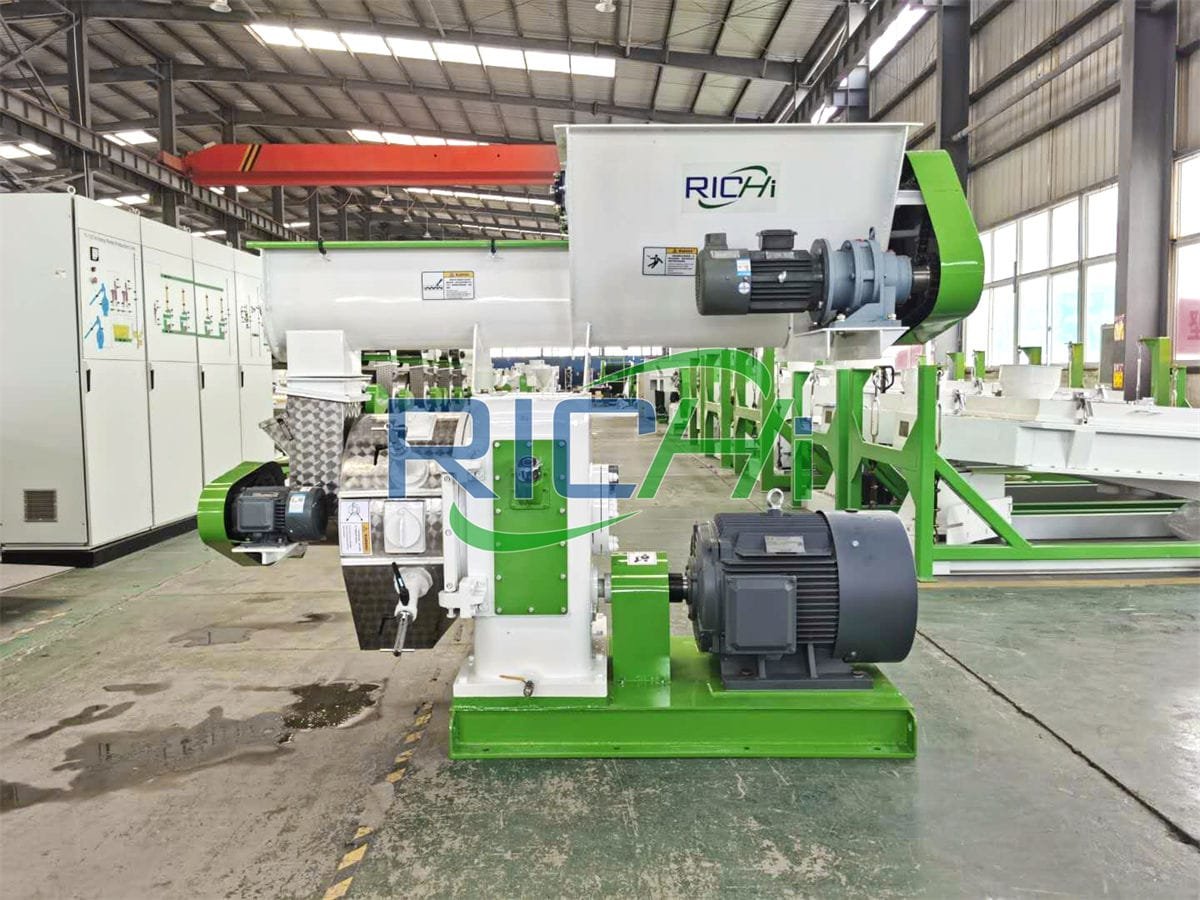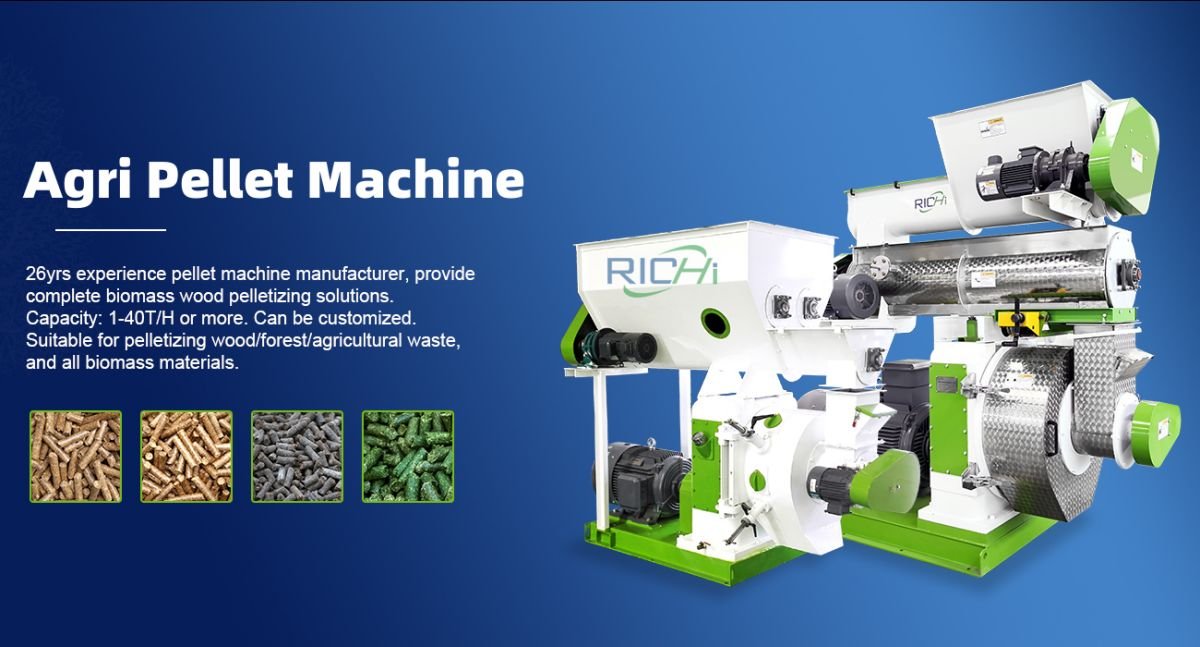Poultry manure is a valuable organic fertilizer that can greatly enhance soil fertility and improve crop yields. However, managing large quantities of poultry manure can be a daunting task. This is where a poultry manure pellet machine comes into play. This innovative machine is designed to convert poultry manure into pellets, making it easier to handle, transport, and apply to the fields.
In this article, we will explore the various aspects of poultry manure pellet machines, including their advantages, working principles, types available, factors to consider when choosing one, maintenance tips, and the environmental benefits and applications of poultry manure pellets. Let’s delve into the world of poultry manure pellet machines and discover why they are a game-changer for the agriculture industry.
What is a poultry manure pellet machine?
A poultry manure pellet machine is a specialized piece of equipment that is used to convert poultry manure into dense and compact pellets. These machines are typically equipped with a pelletizing chamber, a die, rollers, and a motor.
The poultry manure is fed into the machine, and through a series of mechanical processes, it is transformed into small cylindrical pellets. The pellets are uniform in size and have a high nutrient content, making them an excellent source of organic fertilizer.
Read more: https://richipelletizer.com/poultry-manure-pellet-machine/
Advantages of using a poultry manure pellet machine
Using a poultry manure pellet machine offers numerous advantages for farmers and gardeners.
- Firstly, the pelletization process eliminates the foul odor associated with raw poultry manure, making it more manageable and pleasant to work with.
- Additionally, pellets are easier to handle, store, and transport compared to raw manure. They take up less space and can be applied to the fields with precision using machinery or spreaders.
- Furthermore, the pelletization process reduces the moisture content of the manure, thereby extending its shelf life and preventing nutrient loss.
- Lastly, poultry manure pellets are rich in essential nutrients like nitrogen, phosphorus, and potassium, making them an excellent organic fertilizer that can significantly improve soil fertility and crop productivity.
How does a poultry manure pellet machine work?
A poultry manure pellet machine works by compressing and shaping the moist poultry manure into pellets. The process begins with the manure being fed into the pelletizing chamber. Inside the chamber, the manure is mixed with a binder, such as clay or vegetable oil, to improve the pellet formation.
The mixture is then forced through a die by the rotating rollers. The die has small holes of a specific diameter, which determines the size of the pellets. As the mixture passes through the holes, it is compressed, and the friction generated by the pressure causes the particles to bind together, forming pellets. The pellets are then cut to the desired length and ejected from the machine.
Types of poultry manure pellet machines available
There are various types of poultry manure pellet machines available on the market, each with its unique features and capabilities. The most common types include flat die pellet machines and ring die pellet machines.
- Flat die pellet machines are compact, lightweight, and suitable for small-scale operations. They are manually operated or driven by a small motor.
- On the other hand, ring die pellet machines are larger, more powerful, and designed for large-scale production. They are typically driven by electric motors or diesel engines. Both types have their advantages and limitations, and the choice depends on the specific requirements and scale of the poultry farm.
Factors to consider when choosing a poultry manure pellet machine
When choosing a pelleting machine, several factors need to be taken into consideration.
- Firstly, the capacity of the machine should align with the quantity of poultry manure generated on the farm. It is crucial to choose a machine that can handle the desired production volume.
- Secondly, consider the power source. Electric-powered machines are more eco-friendly and easier to operate, but they require access to electricity.
- On the other hand, diesel-powered machines offer more flexibility but produce emissions and require regular fueling.
- Additionally, the size and weight of the machine should be suitable for the available workspace and transportation requirements.
- Lastly, consider the cost and availability of spare parts and after-sales service.
Proper maintenance and cleaning of poultry manure pellet machines
Proper maintenance and cleaning are essential for the efficient and prolonged operation of poultry manure pellet machines.
- Regularly inspect the machine for any signs of wear or damage and promptly address any issues.
- Clean the machine after each use to prevent the build-up of manure residues, which can affect the pellet quality and damage the machine components.
- Use appropriate cleaning agents and follow the manufacturer’s instructions.
- Lubricate the moving parts regularly to reduce friction and ensure smooth operation.
- Additionally, schedule periodic maintenance checks with a qualified technician to address any potential mechanical or electrical problems and to extend the lifespan of the machine.
Tips for optimizing the performance of poultry manure pellet machines
To optimize the performance of poultry manure pellet machines, there are several tips to consider.
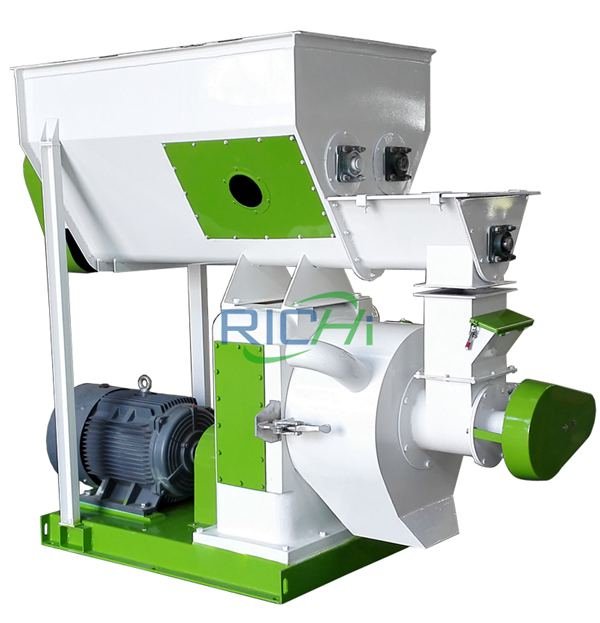
- Firstly, ensure that the moisture content of the poultry manure is within the recommended range. Excessive moisture can result in poor pellet formation, while low moisture can lead to increased wear on the machine.
- Secondly, adjust the pelletizing temperature and pressure settings according to the type of manure and desired pellet characteristics. Experimentation may be necessary to achieve the optimal settings.
- Additionally, regularly inspect the die and rollers for wear and replace them when necessary. This will ensure consistent pellet quality and prevent blockages.
- Lastly, carefully select the binder material and proportion to achieve the desired pellet durability and nutrient release rate.
Environmental benefits of using poultry manure pellets
Using poultry manure pellets as organic fertilizer offers several environmental benefits.
- Firstly, it reduces the need for chemical fertilizers, thereby minimizing the risk of water pollution from runoff. Poultry manure pellets are rich in nutrients that are slowly released into the soil, promoting long-term soil health and minimizing nutrient leaching.
- Furthermore, the use of poultry manure pellets improves soil structure and water retention, reducing soil erosion and improving water infiltration.
- Lastly, by converting poultry manure into pellets, the foul odor associated with raw manure is significantly reduced, making it more environmentally friendly and socially acceptable.
Applications and uses of poultry manure pellets
Poultry manure pellets have a wide range of applications and uses in agriculture.
- They can be applied to a variety of crops, including vegetables, fruits, grains, and pastures. The pellets provide a balanced supply of essential nutrients, promoting healthy plant growth and higher yields.
- Additionally, poultry manure pellets can be used as a soil amendment for land reclamation and reforestation projects. Their slow-release properties make them suitable for long-term soil improvement.
- Moreover, the pellets can be utilized in the production of organic potting mixes or sold as a commercial fertilizer. The versatility and nutrient richness of poultry manure pellets make them an invaluable resource for sustainable agriculture.
Cost-effectiveness of poultry manure pellet machines
Investing in a poultry manure pellet machine can be a cost-effective solution for poultry farmers.
- By pelletizing the manure, the transportation and storage costs are significantly reduced. The pellets take up less space and can be easily transported to distant fields or sold to other farmers.
- Additionally, the pelletization process improves the nutrient value of the manure, making it a more valuable product. Farmers can either use the pellets on their own farms or sell them as organic fertilizer, generating an additional source of income.
- Moreover, the improved soil fertility and crop yields resulting from the use of poultry manure pellets can lead to higher profitability and a better return on investment for farmers.
Poultry manure pellet machines have revolutionized the way poultry farmers manage and utilize their manure. These machines offer numerous advantages, including odor reduction, improved handling and storage, nutrient preservation, and convenient application.
By converting poultry manure into pellets, farmers can harness the full potential of this organic fertilizer to enhance soil fertility and crop productivity. The different types of pellet machines available cater to various farm sizes and production volumes, ensuring a suitable solution for every farmer’s needs. With proper maintenance, cleaning, and optimization, poultry manure pellet machines can deliver exceptional performance and longevity. The environmental benefits and applications of poultry manure pellets further emphasize their importance in sustainable agriculture. By investing in poultry manure pellet machines, farmers can achieve cost-effectiveness, profitability, and contribute to a greener and healthier planet.
